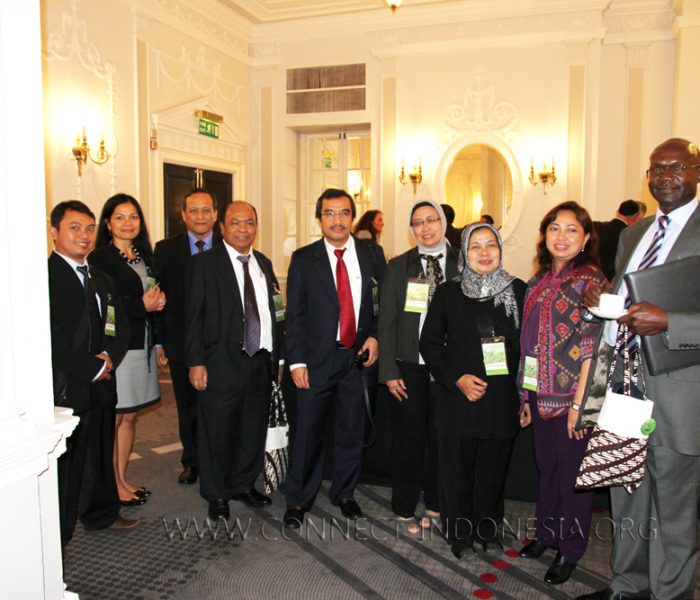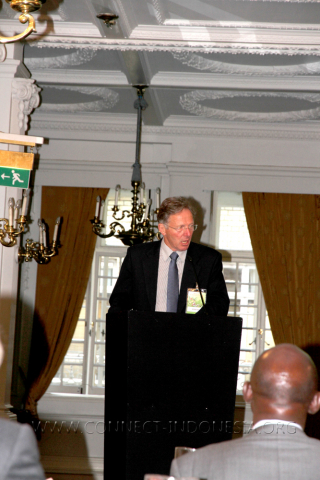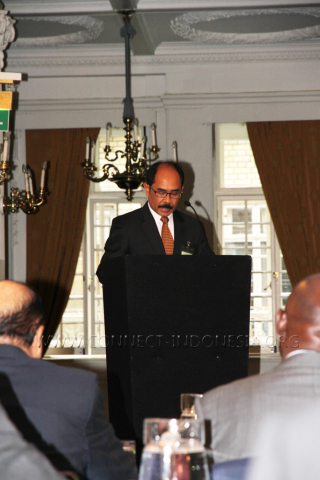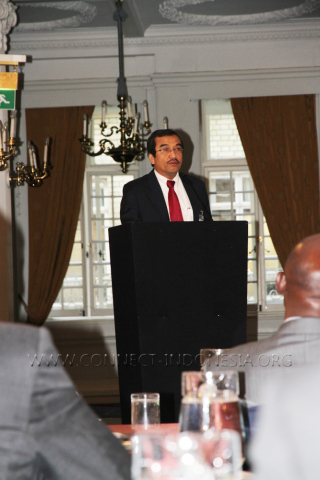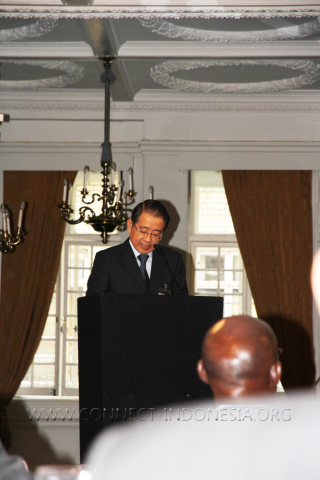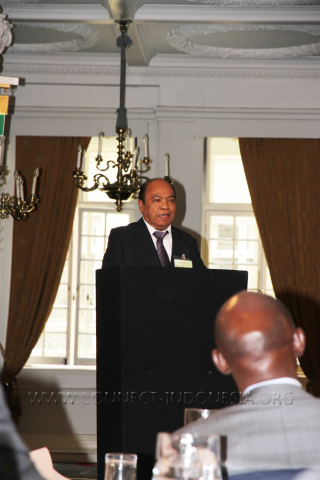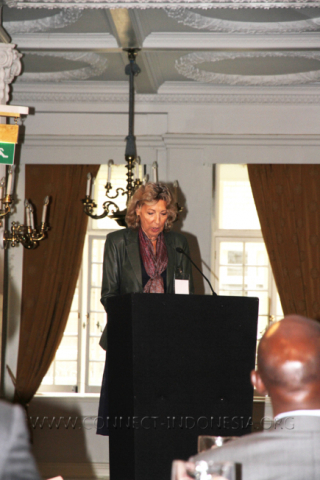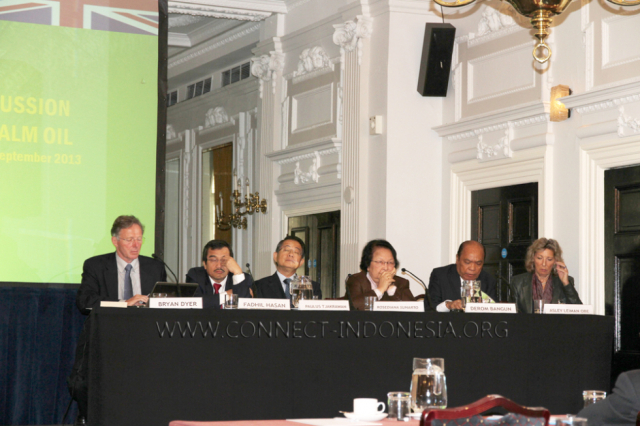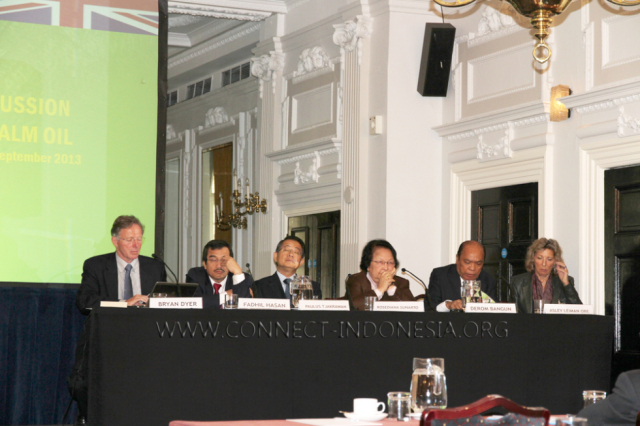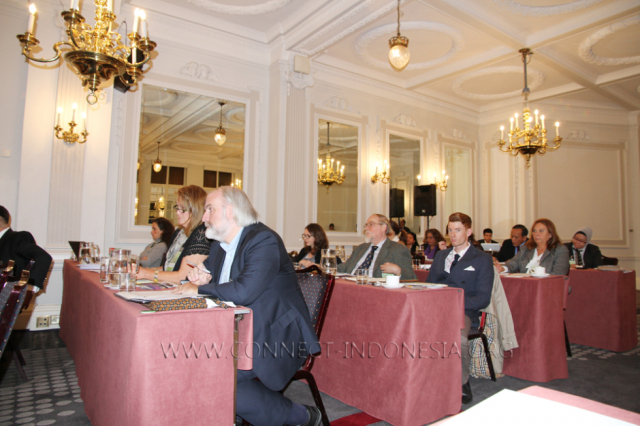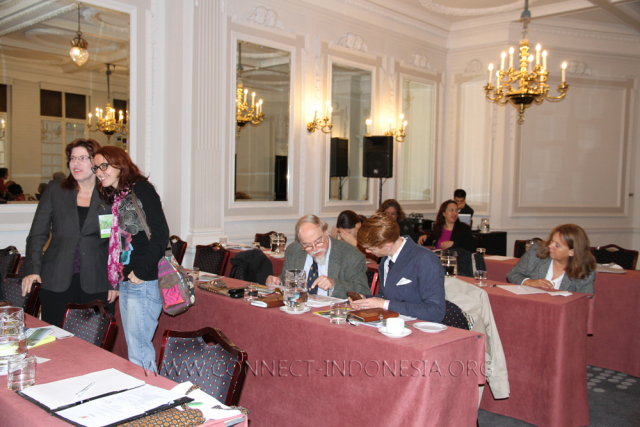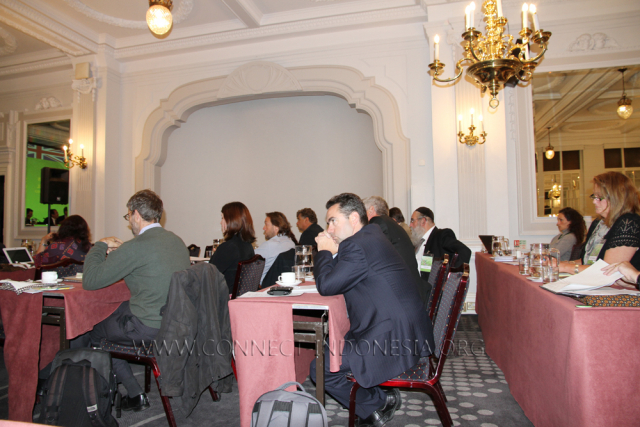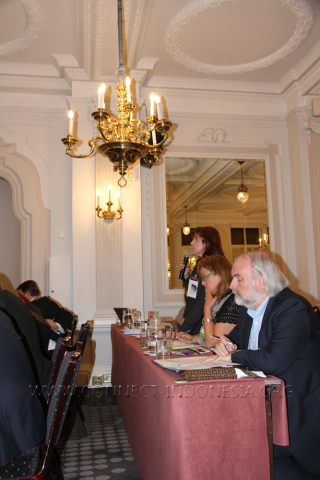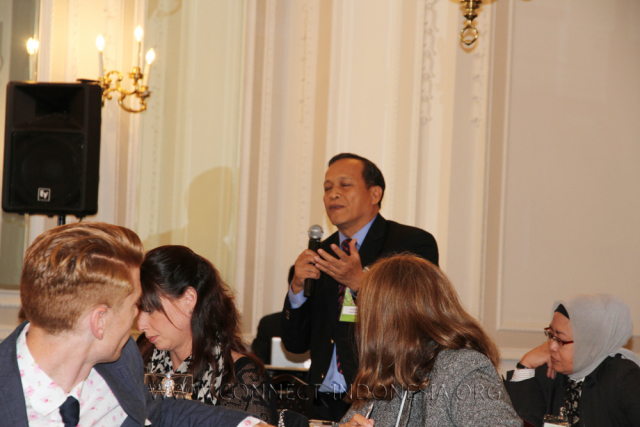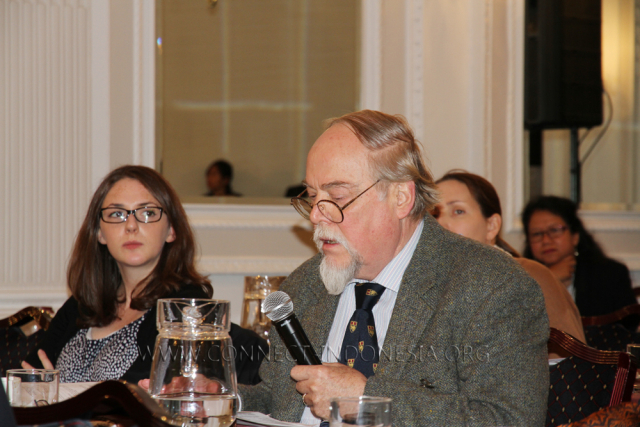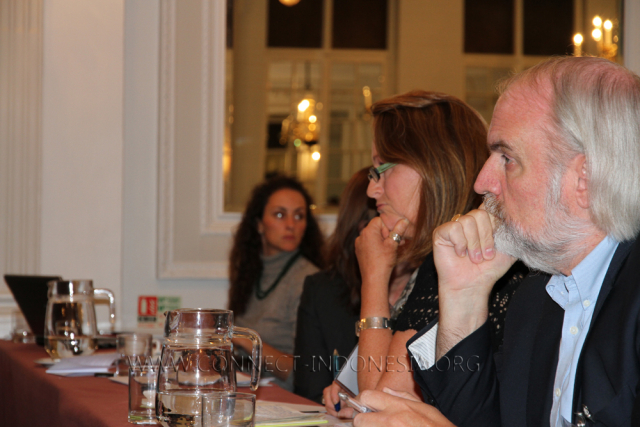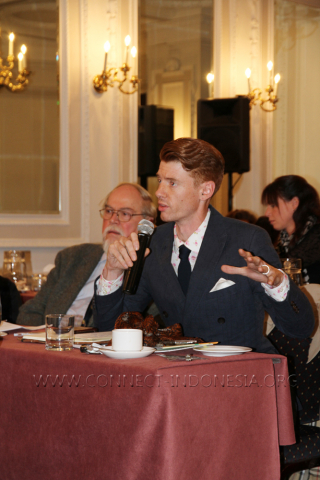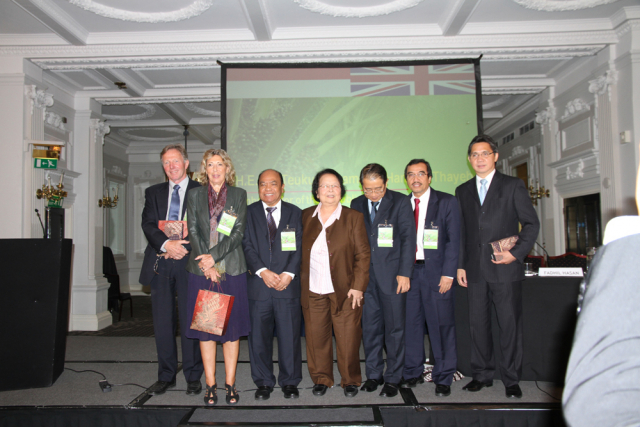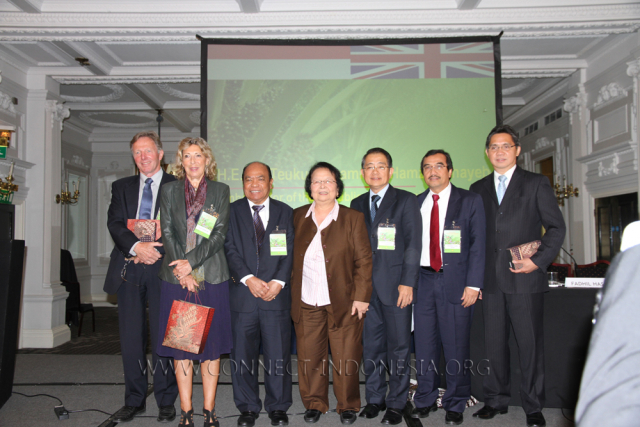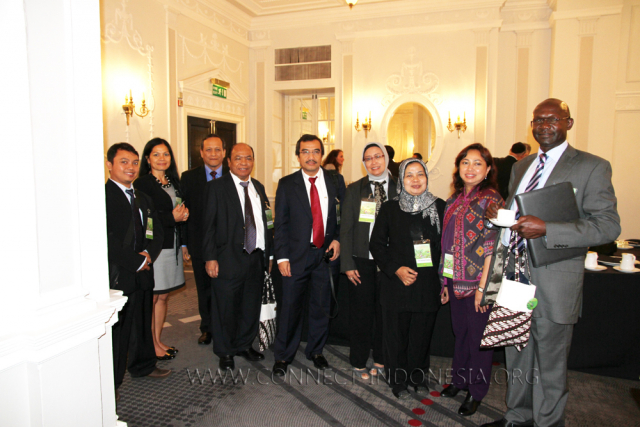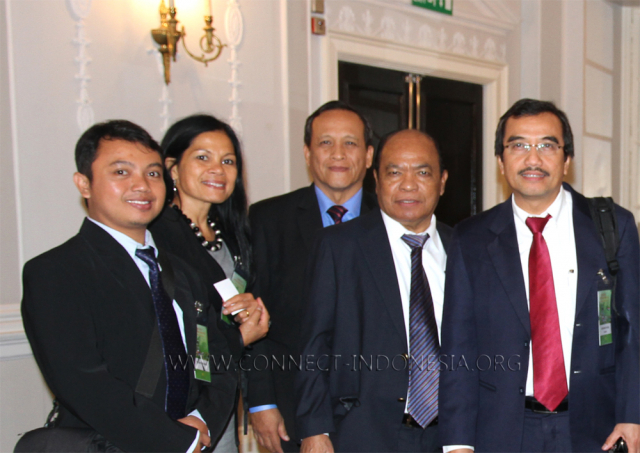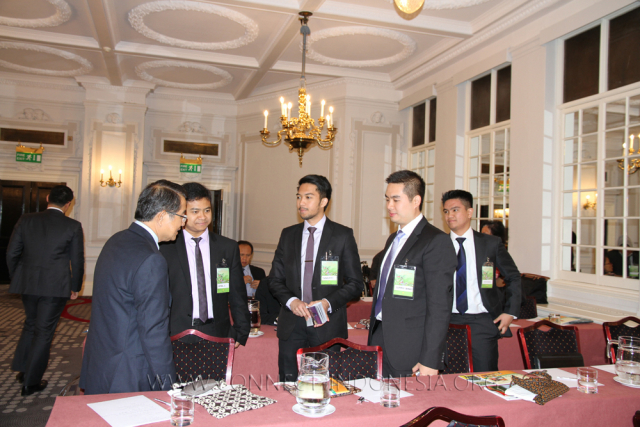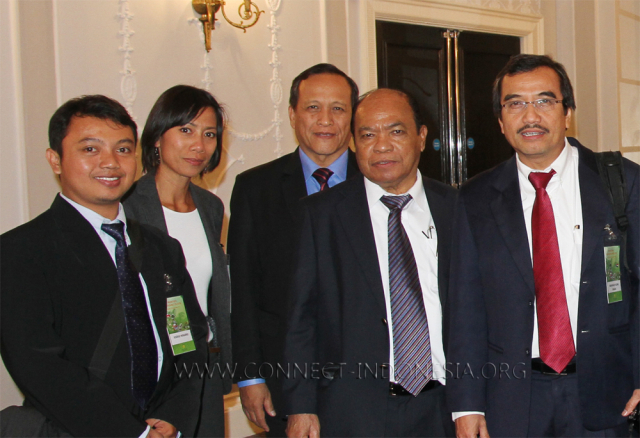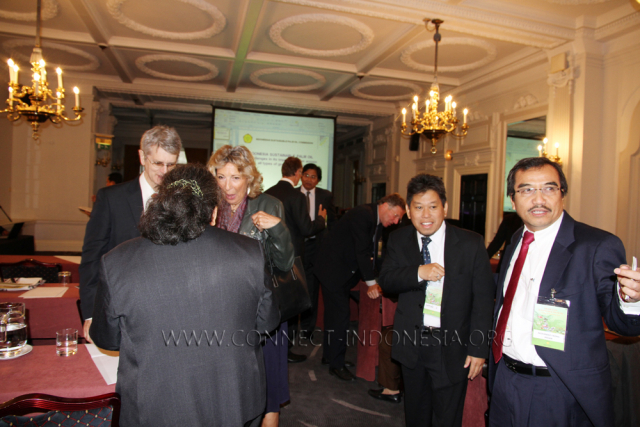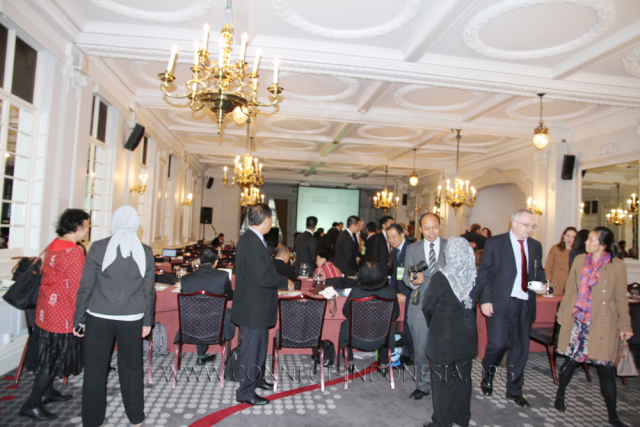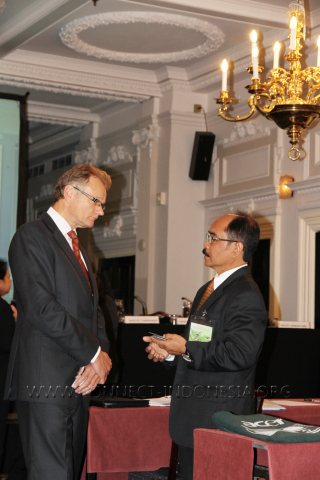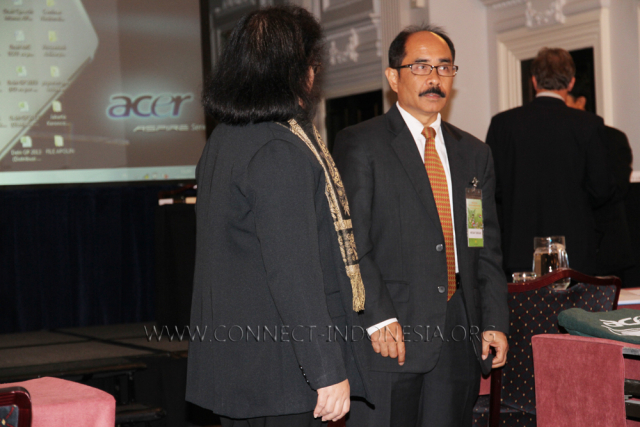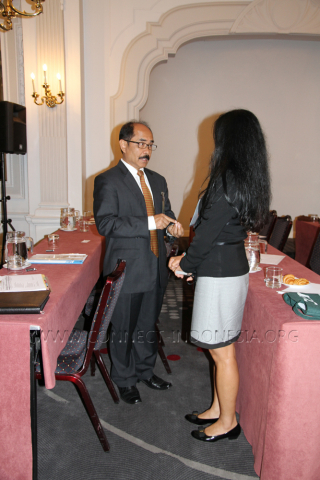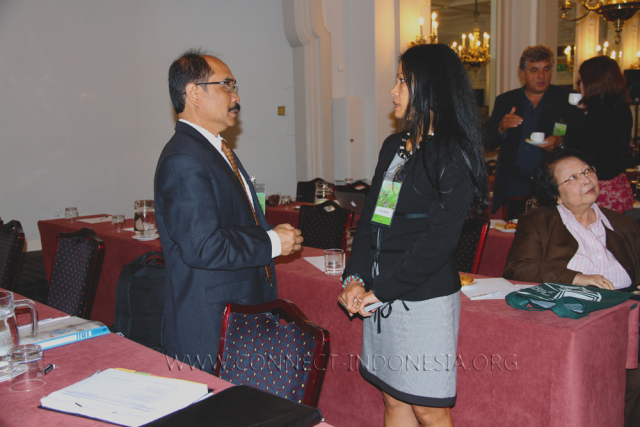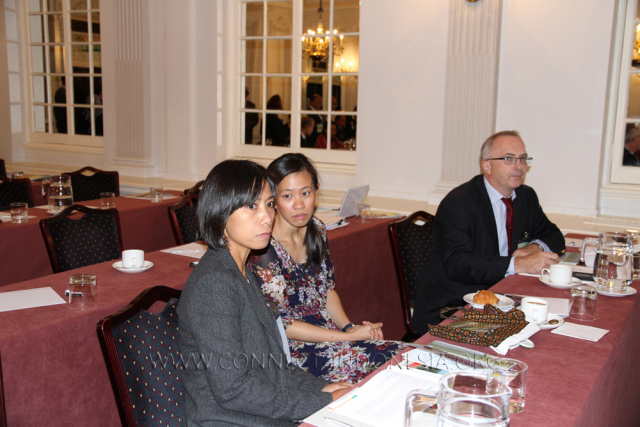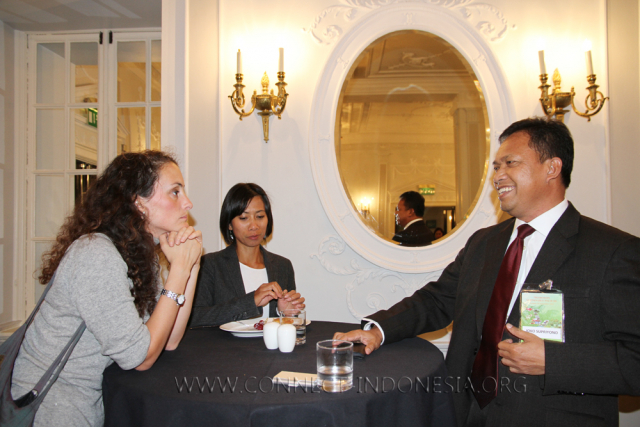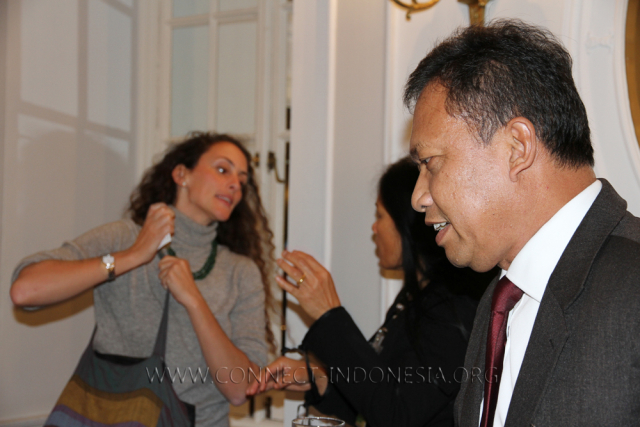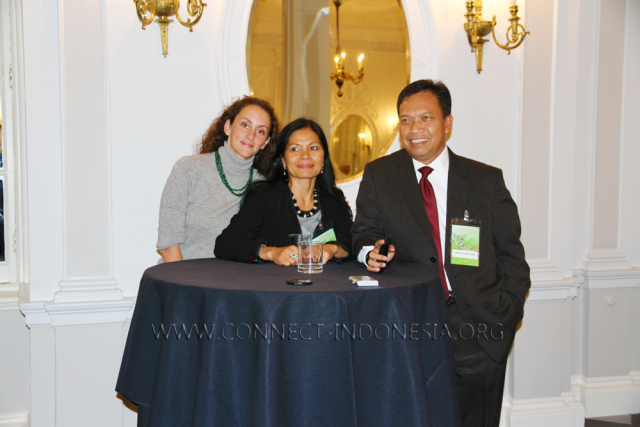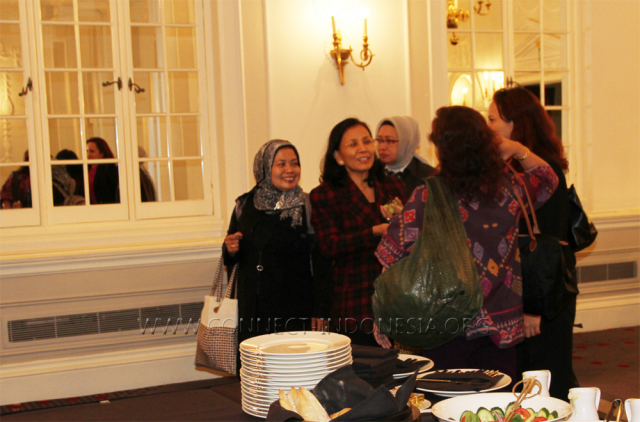By Nelly Andon.
As a child, I lived in a small village in North Sumatra, Indonesia surrounded by rainforest and relying on monkey calls as my morning alarm o’clock to get me ready for school, and I know for children living in the same village today, this is no longer the case. There is no more rainforest around them and no more monkey calls.
I am not really sure if I should feel privileged to have had the opportunity to attend the Round Table Discussion on Sustainable Palm Oil at the Le Meridien Hotel, Piccadilly, London yesterday, but I had hoped that this summit would provide me with some crucial information to feed my curiosity on the disappearance of Indonesia’s rain-forests and its connection to the development of palm oil plantations in the country.
For many years I have been searching for the real stories behind the fast disappearance of North Sumatra’s rainforests of Indonesia, sadly I was very disappointed to discover that this summit was not about to reveal anything I needed to know. Here, the participants asked many questions but disappointed to receive some meaningless and unsatisfactory answers from the panels. The team from the Orang Utan Foundation made several attempts to dig out some information about the protection of Orang Utan in Sumatra and Kalimantan, but it was clear that the answers they received were often unrelated or meaningless.
I am fully aware that I am not a rainforest activist but I am happy to call myself an environmental campaigner who cares a lot about the rainforest. I have witnessed the devastation of deforestation in North Sumatra and West Kalimantan, and it will be unwise not to voice my concerns on this occasion. Connect Indonesia had been involved in a few small environmental projects and I felt that on behalf of the people who support the charity, I had the right to fire at least one question. I braved myself and fired a question and told the panels that I was asking this question on behalf of “orang kampung”the poor farmers of Indonesia. Upon completing my question, I was truly encouraged by the other participants’ hand clapping and cheering, sadly the answer I received was far from what I wanted to hear. My question surrounding the abandonment of wasteland in Indonesia and the Indonesian government’s policy to transform this wasteland into productive land will remain unanswered for now.
Attending the summit yesterday did not provide us with any solution to tackle deforestation in Indonesia, far from it, but analysing the responses given by Dr Rosediana Suharto of ISPO and her team to those questions asked during the summit have given us some insights to the continual environmental management fiasco and rapid deforestation in the country.
I truly believe that each and every one of us has the responsibility in preventing the cause of devastation to our rainforest. We can’t just sit still and do nothing and expect to read some magical news about forest improvement of our world. It is not unusual, people do like to point fingers at those major culprits, but as a part of the global population, we need to take part in preventing more disaster. There are so many things we can contribute as an individual, for one thing, stop eating junk food with palm oil in them. Stop using cosmetics with palm oil as their ingredients, and much more we can do to help prevent further destruction. For now, the saga continues.
